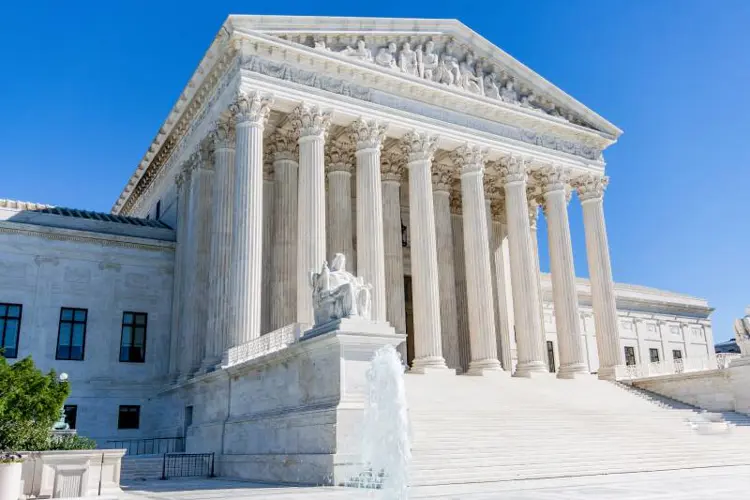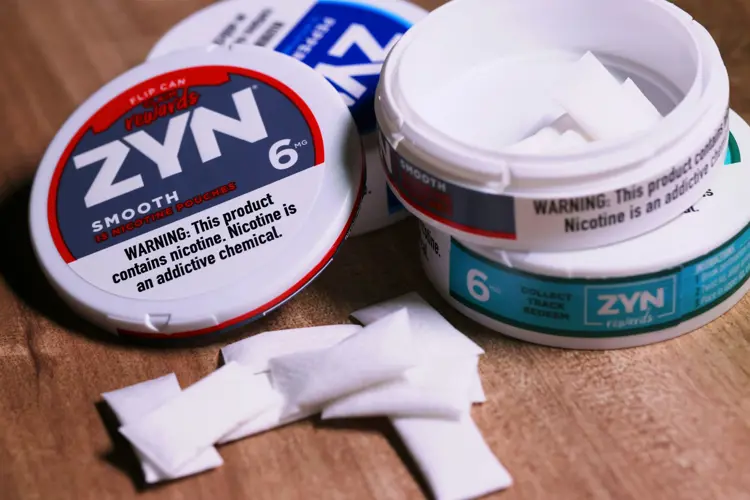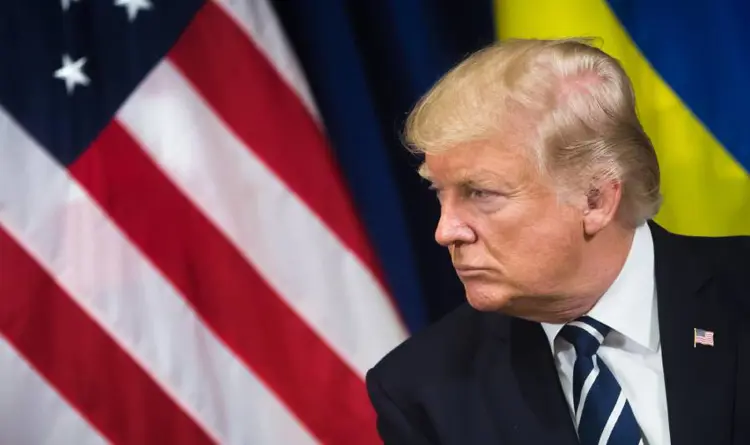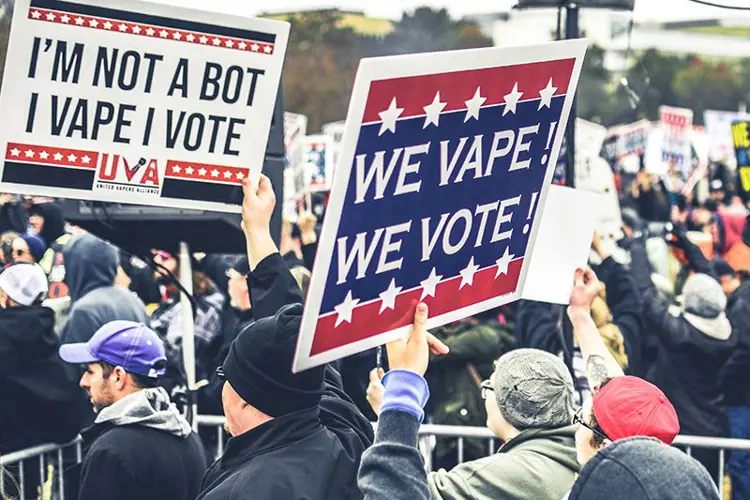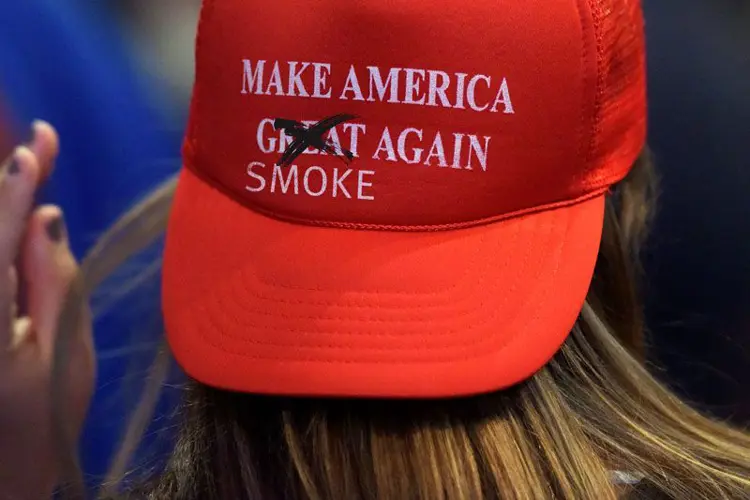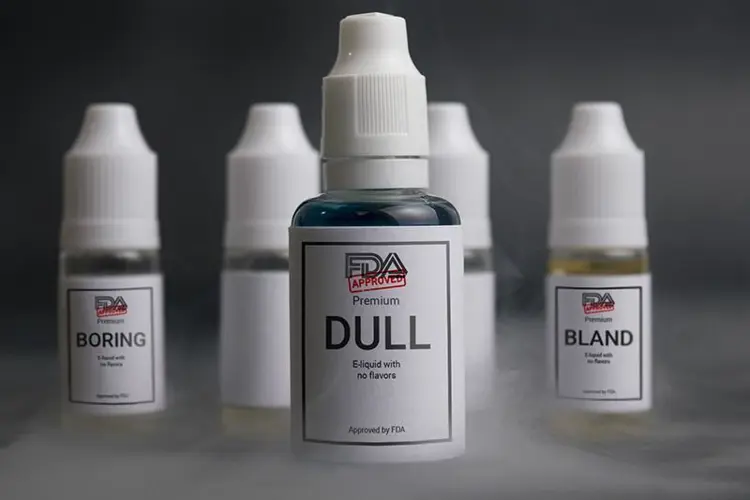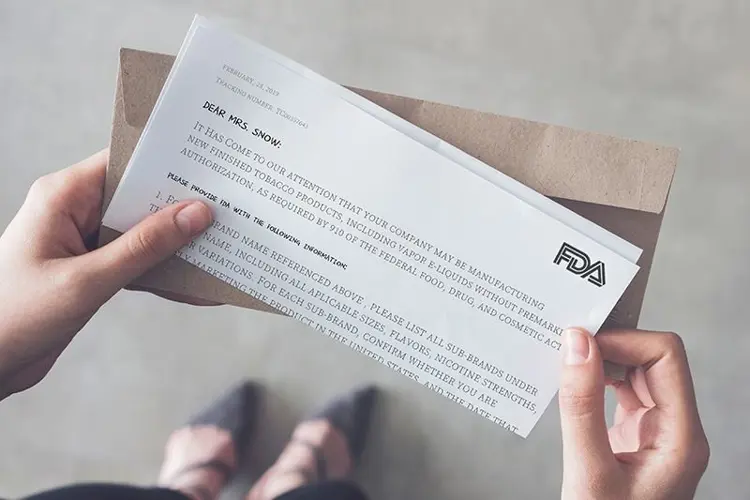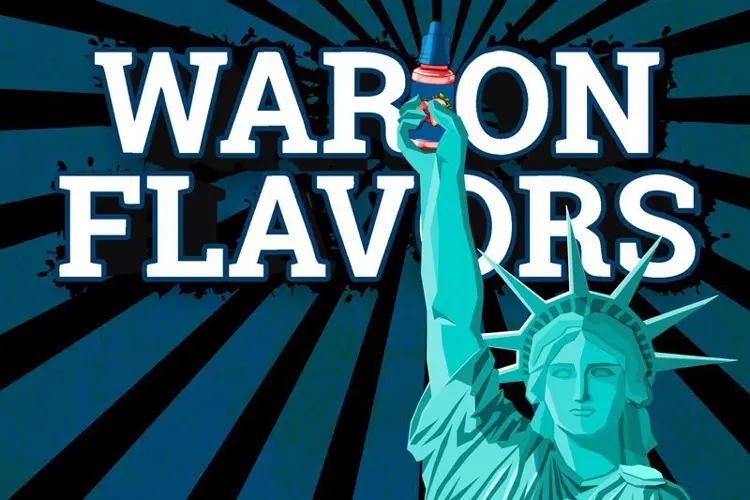A bill designed to destroy the vaping industry was introduced Tuesday in the House of Representatives. The bill, if passed, would ban flavors and online sales, and set the minimum age for purchasing vapes at 21. It would also extract $100 million in FDA user fees from the industry.
The bill's sponsors are Reps. Frank Pallone of New Jersey and Donna Shalala of Florida, both Democrats. The bill is supported by all major tobacco control and anti-vaping groups in Washington.
The bill, known as the Reversing the Youth Tobacco Epidemic Act, purports to address youth tobacco use, but despite banning menthol cigarettes and flavored cigars, its authors are clearly focused on vaping, not smoking. The bill would:
- Prohibit all “characterizing flavors” except tobacco, unless they are specifically approved by the FDA
- Prohibit online sales
- Gives FDA authority to collect $100 million in user fees from the vaping industry
- Prohibits sales to anyone under 21
- Orders FDA to issue a rule on the regulation of products using synthetic nicotine
- Extends all FDA rules on sales and marketing of cigarettes to vaping products, including advertising rules
There are other active bills in Congress that include some of these provisions, but none until now have included all of them.
The bipartisan HR 2084 (the SCOTT Act) would ban sales to under-21’s, and require an adult signature at delivery for products sold online. The SAFE Kids Act — introduced in both houses on Congress — would ban flavors. Rep. Rosa DeLauro’s HR 293 would ban flavors and tax vapor products like cigarettes.
In its proposed 2020 budget, the Trump White House proposed including vapor products in the FDA tobacco user fee scheme. There is also a bill introduced by New Hampshire Sen. Jeanne Shaheen to assess $150 million in user fees. Shaheen says she is willing to work with the Trump administration to reach a compromise. The authors of the new bill note that the White House approves of the user fees.
The requirement that the FDA make a rule on synthetic nicotine is intended to close a possible loophole in the Family Smoking Prevention and Tobacco Control Act. That 2009 legislation gives the FDA authority to “deem” as tobacco any product that includes nicotine “made or derived from tobacco.” Pallone and Shalala want the agency to also have authority over nicotine made without tobacco.
“The Reversing the Youth Tobacco Epidemic Act makes clear that we will not tolerate the proliferation of slick new products purposefully designed to appeal to young people to get them addicted to nicotine and tobacco” Rep. Pallone said in a statement.
“Congress must act to reduce youth nicotine addiction by making it clear that selling tobacco products to kids is illegal,” he added. “My legislation also treats e-cigarettes and other tobacco products the same as traditional cigarettes under the law. We cannot afford to wait – we are on the cusp of losing an entirely new generation to a lifetime of nicotine addiction.”
Interestingly, Rep. Pallone wasn’t always so uncompromising about tobacco. As recently as 2015, Pallone owned over $15,000 worth of Philip Morris International (PMI) stock, according to Open Secrets. The longtime New Jersey Congressman also owned stock in Altria Group, the manufacturer of Marlboro cigarettes and a 35 percent owner of JUUL Labs.
The stock positions may have been part of mutual funds that invest in a wide variety of financial products, but nevertheless represent a careless mistake by a politician who wants to hang his hat on a tough anti-tobacco stance. It is unknown if Pallone still owns the tobacco industry investments.
The bill’s other sponsor, Florida Rep. Donna Shalala, is best known for serving as Health and Human Services secretary during both terms of the Clinton administration (1993-2001). Although Bill Clinton fought for FDA authority of the tobacco industry, that didn’t come until eight years after he left office, in 2009.
If the bill were to pass, it would essentially wipe the independent vaping industry off the map overnight.
“As HHS Secretary during the Clinton Administration, we made great strides in holding tobacco companies accountable for marketing their products to kids, and we reduced the number of people who smoked cigarettes,” Shalala said. “But now, the use of e-cigarettes, particularly by children, is beginning to undo years of progress we have made.”
The Reversing the Youth Tobacco Epidemic Act is supported by the American Academy of Pediatrics, American Cancer Society Cancer Action Network, American College of Cardiology, American Heart Association, American Lung Association, American Thoracic Society, and Campaign for Tobacco-Free Kids, among other groups. Major tobacco control funder CVS Health has also indicated support for the bill.
If the bill were to pass, it would essentially wipe the independent vaping industry off the map overnight. While the tobacco companies and JUUL might maintain a convenience store presence selling tobacco-flavored products, it’s questionable whether any smaller companies could survive.
E-liquid manufacturers and vape shops depend on selling a wide variety of flavors. A 2018 survey of nearly 70,000 adult American vapers showed that the vast majority of vapers prefer fruit- and dessert-flavored products. There would simply not be enough sales of tobacco flavors only to sustain a vape shop — and e-liquid is the primary profit driver in vape shops.
Such a ban would create a massive black market, with out-of-work e-liquid makers mixing and selling products through underground advertising and social connections, and many vapers turning to DIY e-juice and hardware sold directly by Chinese retailers. Discussion between vapers would probably move back to forums, as social media platforms may ban discussions of “illegal tobacco products.”
The infrastructure for such a market is already in place. It will only take an act of Congress or the FDA to launch it.
Thanks to University of Waterloo researcher Amelia Howard for the information about Rep. Pallone’s investments.
The Freemax REXA PRO and REXA SMART are highly advanced pod vapes, offering seemingly endless features, beautiful touchscreens, and new DUOMAX pods.
The OXVA XLIM Pro 2 DNA is powered by a custom-made Evolv DNA chipset, offering a Replay function and dry hit protection. Read our review to find out more.
The SKE Bar is a 2 mL replaceable pod vape with a 500 mAh battery, a 1.2-ohm mesh coil, and 35 flavors to choose from in 2% nicotine.
Because of declining cigarette sales, state governments in the U.S. and countries around the world are looking to vapor products as a new source of tax revenue.
The legal age to buy e-cigarettes and other vaping products varies around the world. The United States recently changed the legal minimum sales age to 21.
A list of vaping product flavor bans and online sales bans in the United States, and sales and possession bans in other countries.








